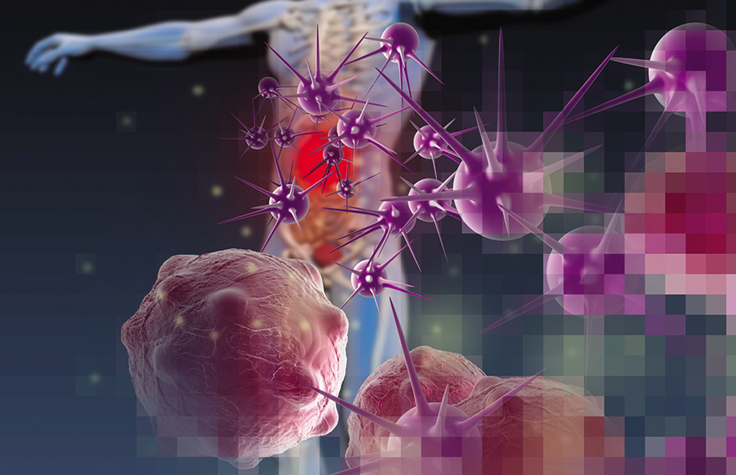
Details
Understanding the microbial ecosystem dynamics of our planet is central to our role as custodians of the planet. The Earth Microbiome Project aimed to characterize the microbial diversity of the diverse ecosystems across our world, which we have used to model the ecosystem dynamics of these environments. Integrating these models with agricultural policy provides a framework on which to determine how climate change and shifting policy will influence the microbial metabolic dynamics, which will affect our ability to modulate system scale outcomes. In concert with this global perspective we are also characterizing the human microbiome, which has become a key part of patient care, provide new avenues to diagnose and treat human disease. The immune system controls our interaction with the microbial world, and yet the microbial communities in our bodies are central to modulating the immune response. Changes in the human microbiome have substantial influence on atopy, neurological disorders, metabolic disorders, and a range of complex conditions and disease states. We will discuss evidence of these mechanisms of interaction and how we have started to disturb the delicate balance of the immune-microbe equilibrium, impacting the development and function of our immune systems. Central to this disturbance is the distance we have placed between our children and the microbial world, which has been demonstrated to have a substantial influence on their physiological, immunological, neurological and even endocrinological development. Applying new strategies to identify how the microbial ecosystem correlates with diseases states and treatment efficacy through Microbiome-Wide Association Studies (MWAS) is altering the trajectory of precision medicine, and providing a new framework for facilitating patient care.
Jack Gilbert
Jack Gilbert is the Faculty Director of the Microbiome Center, a Professor in the Department of Surgery at the University of Chicago Medicine, Senior Scientist (Adjunct) at Marine Biological Laboratory, and Group Leader in Microbial Ecology at Argonne National Laboratory. Gilbert's research is focused on the ecology, evolution, and metabolic dynamics of microbial ecosystems from myriad environments including built environments, oceans, rivers, soils, air, plants, animals, and humans. His primary interest is in using omics technologies (metagenomics, metatranscriptomics, metabolomics) to capture longitudinal dynamics in microbial ecosystems and then model how these interactions relate the environmental variables, be those variables disease onset and immunology in humans or chemical transformations in plants and soils. Gilbert is developing unifying principles which govern how microbial communities assemble. He founded the Earth Microbiome Project, and co-founded the American Gut Project, and is the editor-in-chief of the journal mSystems.
Fill Out Form to Access Webinar
Your email address is never shared with third parties.
- Date & Time
- Sep 12, 2018
- 10:00 AM
- Location
- United States
- North America
- Affiliation
- Microbiome Center
- Presenter
- Jack Gilbert, Faculty Director
- Topic
- Microbial genomics